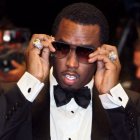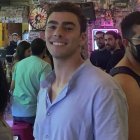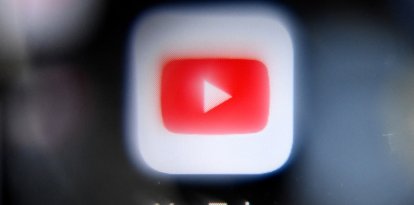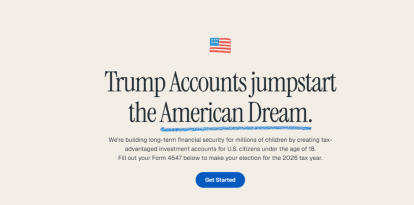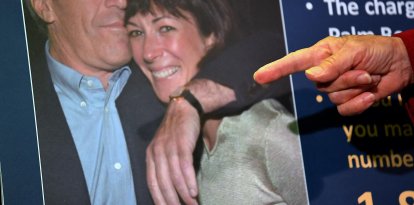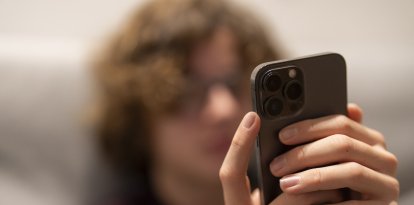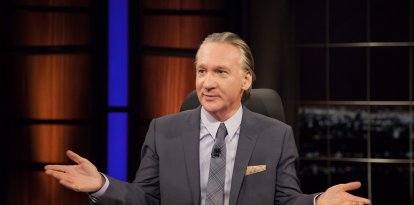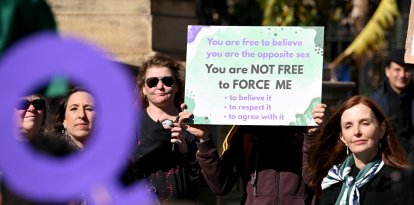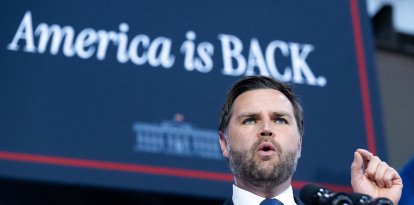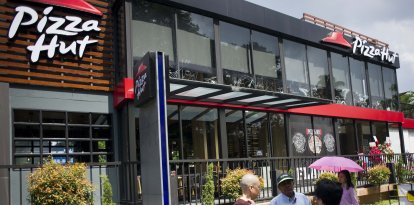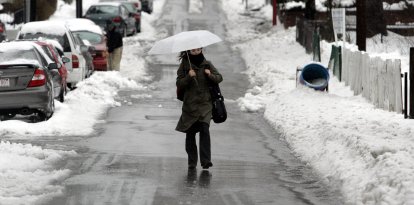'Diddy' Combs confirms he rejected prosecution plea deal ahead of the start of his sex trafficking trial
The rapper's trial will begin Monday with the jury selection process.
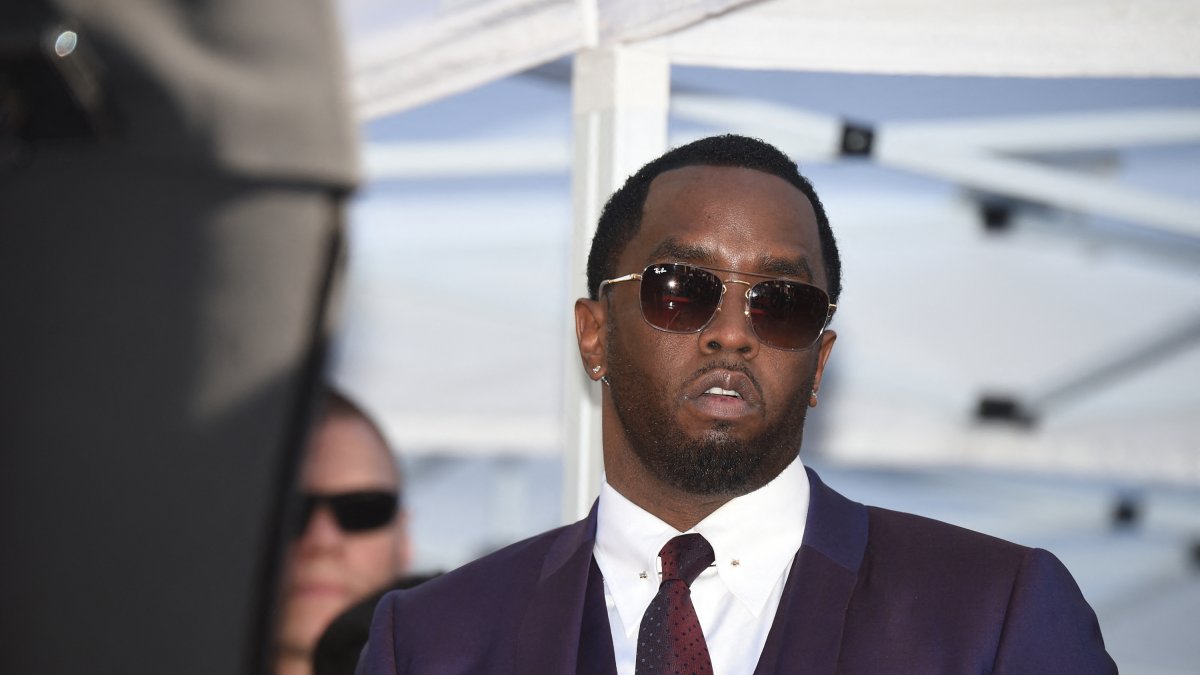
File image of Sean "Diddy" Combs
Rapper and music mogul, Sean "Diddy" Combs testified Thursday that he rejected a plea deal proposed by the prosecution during a court hearing that served as a prelude to the start of his sex trafficking trial.
“Have you rejected the government’s offer?” —asked federal Judge Arun Subramanian, who is in charge of the trial in New York.
"Yes, your honor"—answered Combs.
Combs' plea paves the way for his trial to begin next week.
Combs, who appeared dressed in olive-colored clothing over a white thermal T-shirt during the hearing, entered the courtroom with a black binder filled with notebooks, greeted his supporters, and hugged his lawyers. The rapper pleaded "not guilty" to five federal charges of sex trafficking, criminal association and transferring persons for prostitution.
Defense attorney Marc Agnifilo confirmed that they discussed the deal with Combs and, after evaluating it, decided to reject it. For her part, prosecutor Maurene Comey noted that the government's offer contemplated a more lenient penalty than what he would face if the jury convicts him on all charges.
Thursday's hearing is marked as the last before the formal start of the trial, which, according to the calendar, is due to begin Monday with jury selection.
Judge Arun Subramanian explained that the selection process —known as voir dire— will be conducted with special measures and necessary precautions to safeguard the privacy of the applicants, including possible personal experiences related to domestic violence or sexual abuse.
The objective is to form a jury of 12 incumbents and 6 alternates within three days. To that end, 50 people will be summoned to the courthouse, located on the 26th floor in Manhattan, each day. Those who are dismissed for cause will be released, and the rest will continue with further evaluation, Subramanian said.
The idea is to reduce that group to 45 people, who will eventually be interviewed individually in the presence of two lawyers for each side.
In total, the court has summoned 600 candidates. If any of them request to testify in private, they will do so directly in Judge Subramanian's chambers, without the presence of the media. These testimonies will be kept private and not made public.





